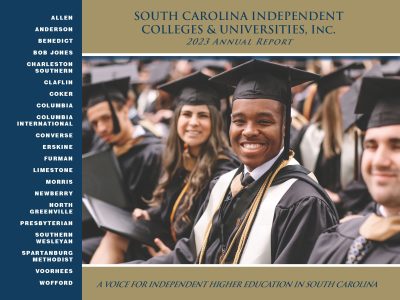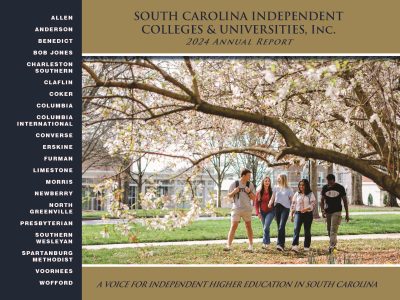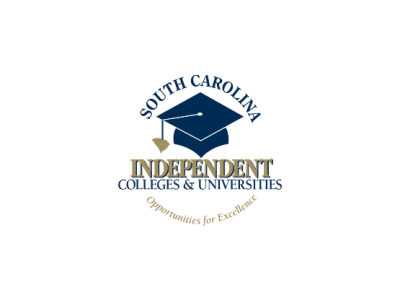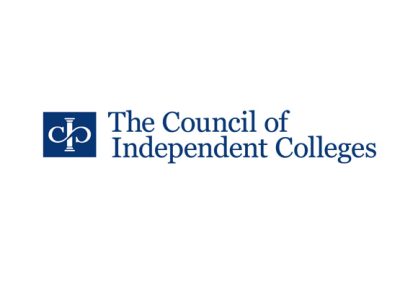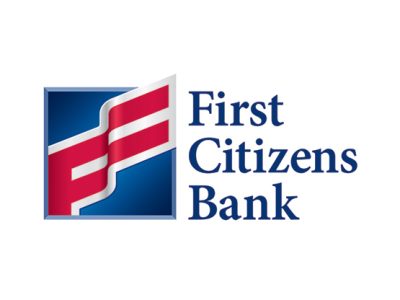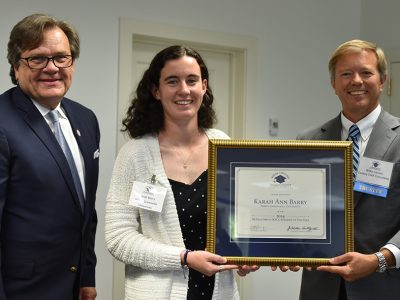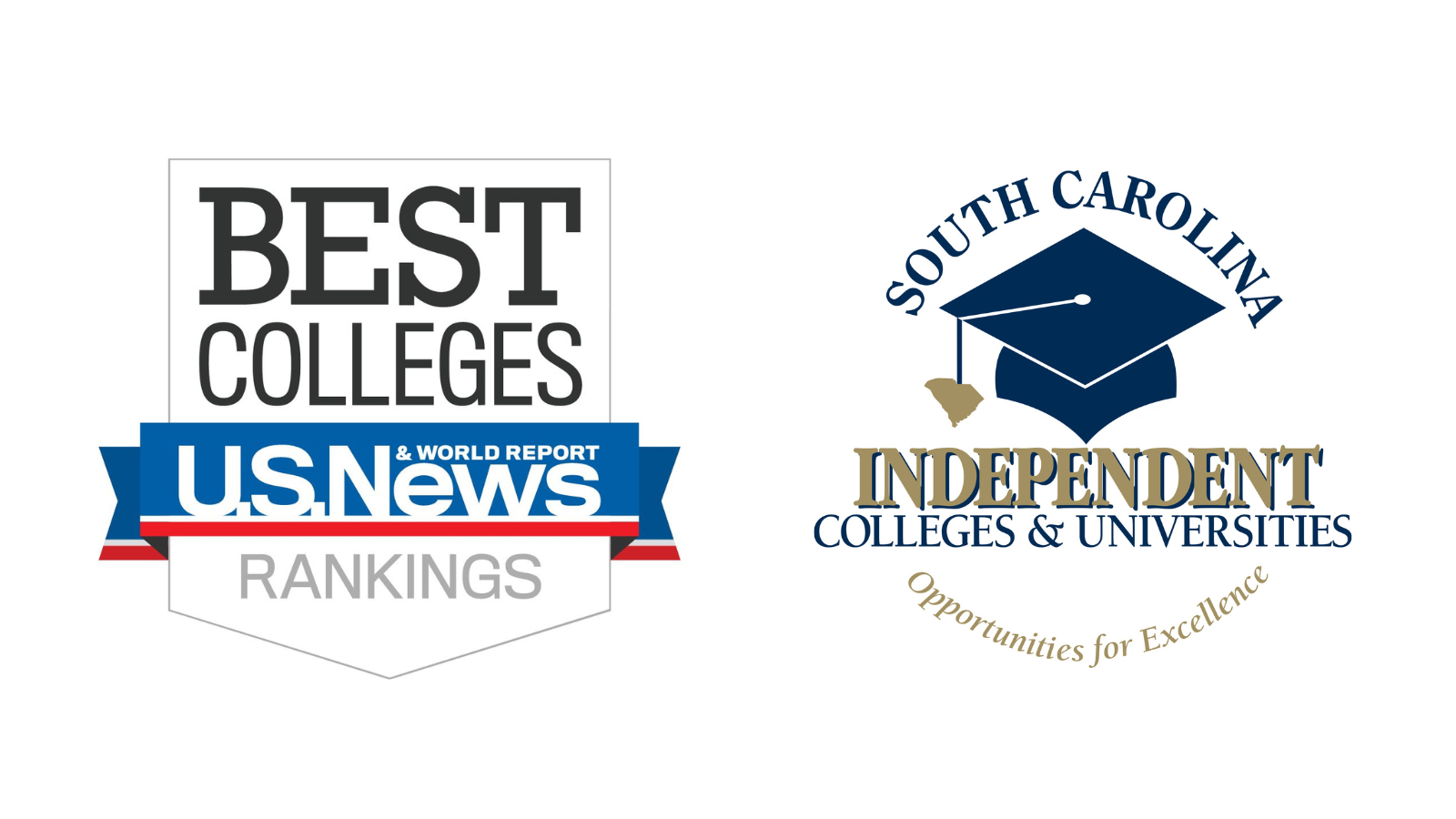2023 – 2024 SCICU Annual Report
The digital version of the 2023 – 2024 SCICU Annual Report is available for your review and downloading on the SCICU website. In addition to recognizing the many donors, friends, and partners who have given so generously to SCICU this year for scholarships and programs, the annual report presents the organization’s audited financial condition for …

